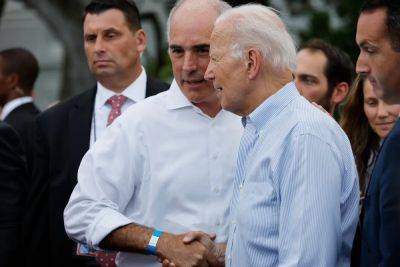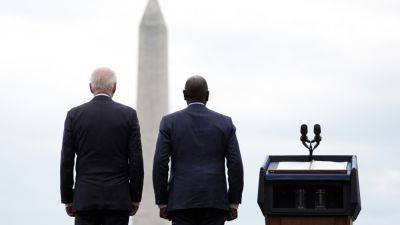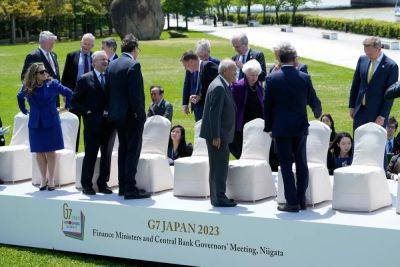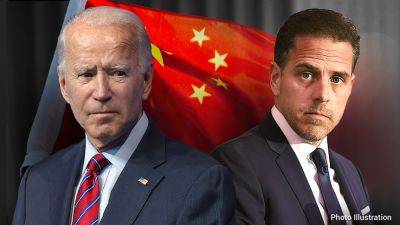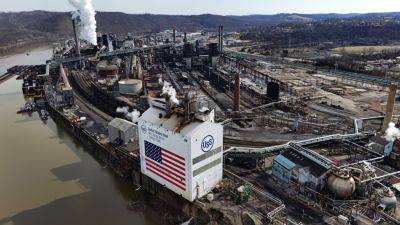Biden hiking tariffs on Chinese EVs, solar cells, steel, aluminum — adding to tensions with Beijing
The Biden administration announced plans to slap new tariffs on Chinese electric vehicles, advanced batteries, solar cells, steel, aluminum and medical equipment — an election year move that's increasing friction between the world's two largest economies.
The tariffs come in the middle of a heated campaign between President Joe Biden and his Republican predecessor, Donald Trump, in which both candidates are vying to show who's tougher on China.
The Chinese government was quick to push back, issuing a statement Tuesday that the tariffs “will seriously affect the atmosphere of bilateral cooperation.” The foreign ministry used the word “bullying”
The tariffs are unlikely to have much of an inflationary impact because of how they’re structured. Administration officials said they think the tariffs won't escalate tensions with China, yet they expect China will explore ways to respond to the new taxes on its products. It's uncertain what the long-term impact on prices could be if the tariffs contribute to a wider trade dispute.
The tariffs are to be phased in over the next three years, with those that take effect in 2024 covering EVs, solar cells, syringes, needles, steel and aluminum and more. There are currently very few EVs from China in the U.S., but officials worry low-priced models made possible by Chinese government subsidies could soon start flooding the U.S. market.
Chinese firms can sell EVs for as little as $12,000. Their solar cell plants and steel and aluminum mills have enough capacity to meet much of the world's demand, with Chinese officials arguing their production keeps prices low and would aid a transition to the green economy.
Lael Brainard, director of the White House National Economic Council, said the


